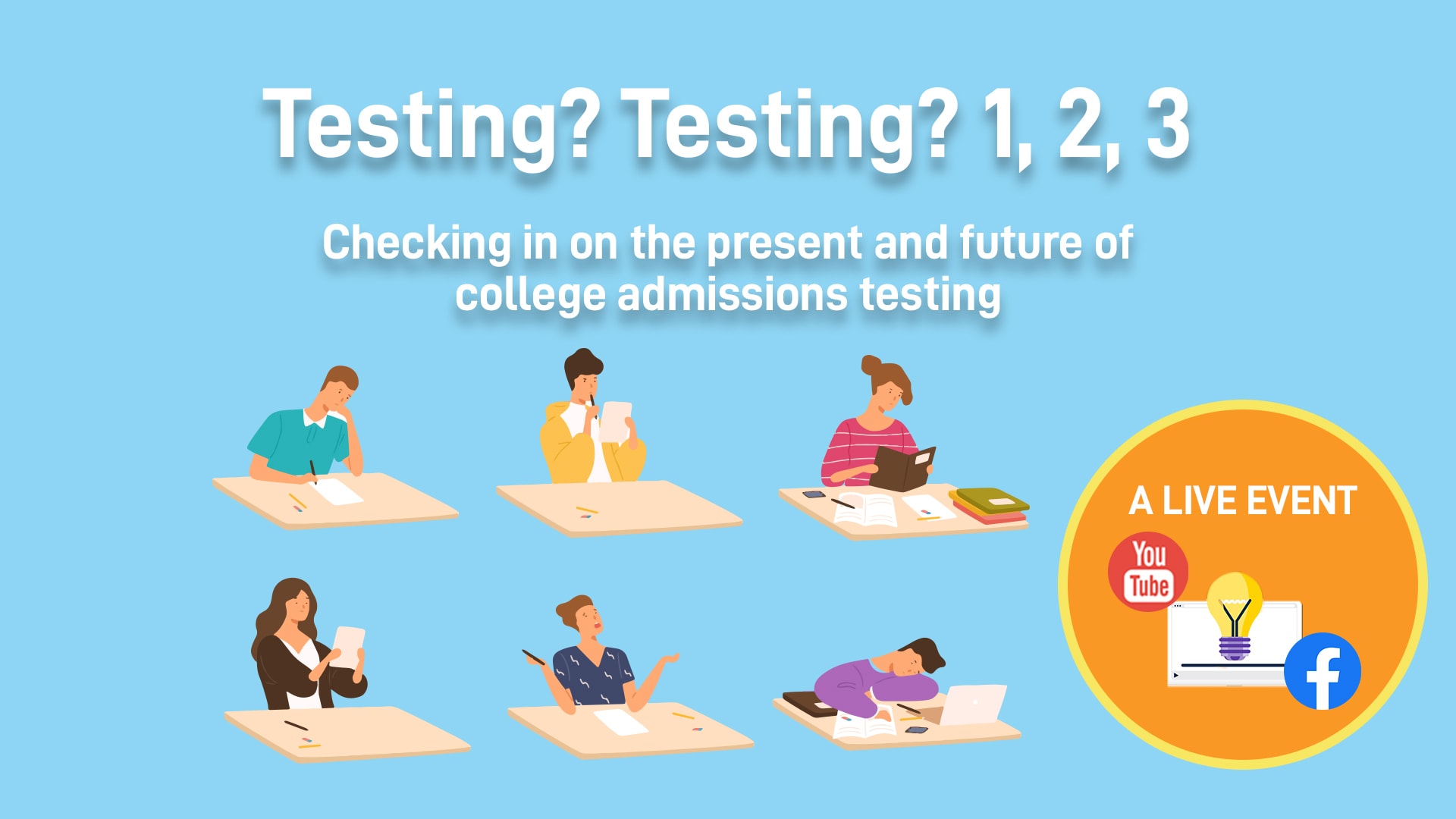
In conversations about college applications, there’s one question that’s like a Depeche Mode song: people just can’t seem to get enough of it. “Should my kid take a standardized test?”
And it’s no wonder that there’s so much confusion around this topic. Pre-COVID, taking the SAT or ACT was de rigueur for anyone planning on college; then during the pandemic, exam sites shut down, and suddenly testing wasn’t even an option. Now, tests are reliably available, but as colleges and universities continue to shift their policies, students remain at a crossroads: to test or not to test?
At Colledge, we have our fingers on the pulse of admissions trends across the country, and we’re seeing some institutions making a U-turn back to requiring scores, while others are going full steam ahead on the test-blind expressway. On one hand, institutions like MIT, Georgetown, Georgia Tech, and the University of Florida already reinstated their testing requirements for the 2022-23 cycle. On the other, notably, the University of California system has committed to being test-blind indefinitely.
And so many other colleges’ — Columbia, Vanderbilt, WashU and Case Western — commitment to test-optional policies are set to expire after current high school juniors apply, launching new applicants into more unknown for 2024.
So what’s our prognostication about what’s likely to happen over the next year or two? While every university will create its own admissions policies, we predict that many selective colleges will begin to bring back their testing requirements.
At many selective colleges, removing testing requirements opened the floodgates to applicants, since students no longer felt deterred from applying when they lacked a (strong) SAT or ACT score. We’ve all watched in awe (and let’s be honest, a little horror) as applicant pools have risen by 20 or even 30%, and admissions offices have struggled to keep up.
But perhaps more important than controlling application pools, admissions officers generally like to get the biggest picture possible of each candidate — and this means getting as many data points as possible, including a test score.
Finally, outside of the UC system, the general trend has been that more and more colleges are returning to their old policies each season. (And even schools that aren’t yet mandating ACT/SAT scores have returned to requiring English-language testing from international applicants.)
Still, because so many universities have not yet announced their 2023-24 official admissions policies regarding testing, there’s quite a bit of uncertainty. One step parents can take to mitigate some of their teen’s worry around this issue is to take a practice test — or better yet, a practice ACT and practice SAT.
Another immensely helpful action is to sign up for Colledge’s Great Testing Debate Sunday, February 12 at 6:00 p.m. We’ll speak with testing experts, provide data-based suggestions, and gaze into the future of testing in college admissions. And if you’d like to connect with our team about your specific child’s needs, click here to get started.


